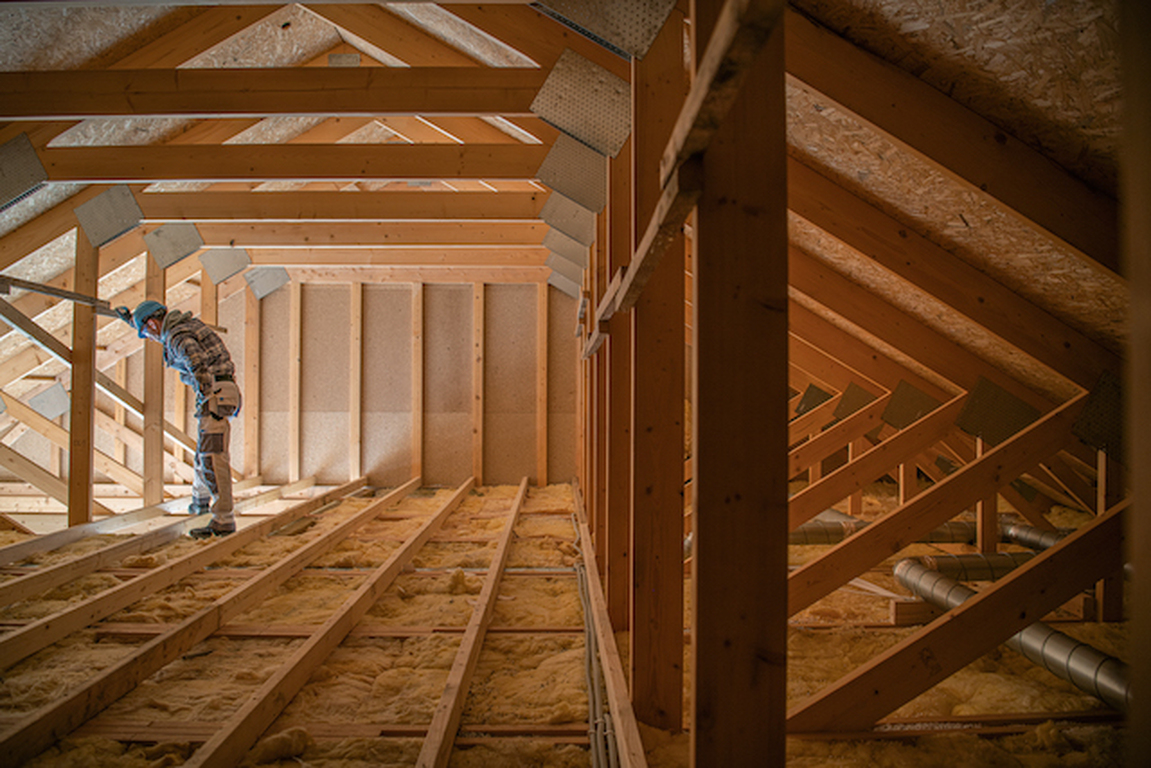Fear of loss hits Denver housing market?
Despite the consequences that COVID-19 brought for the economy, Denver real estate market has not slowed down. Sales have actually accelerated in recent months, and bidding wars that had seemed a thing of the past are back with a vengeance despite downturns elsewhere in the country.
Among those astonished by the current housing environment is Victoria Macaskill of Denver Homes, who sees a correlation between metro-area home sales and the sort of panic buying common during the early days of the pandemic.
"I can't help but ask myself: Are home buyers being influenced by scarcity economics, even more so than low inventory levels?" Macaskill asks via email. "As certain household products become difficult or impossible to obtain (toilet paper, Clorox wipes, calorie-free sodas, the list goes on and on), is the psychology of scarcity playing into homebuyers' behavior? Going months without certain items or having to wake up at dawn to try get items from the store before they run out must, on some level, influence buying behavior. Is fear of loss driving buyers into the market, which is driving prices up unnaturally?"
A July report from California-based CoreLogic declared Denver home prices among the most overvalued in the entire country, and predicted price declines of nearly 10% by the spring of 2021. But currently, prices are still going up and so many potential buyers are placing offers that the creators of CTM, the Colorado Association of Realtors' preferred contract-writing software, are having to "upgrade their infrastructure due to the unprecedented demand," Macaskill notes.
One example of that demand: "I had a buyer bid 14% over the asking price on a home in Wheat Ridge, and we did not win the bid despite offering a $50,000 appraisal gap to cover any appraisal shortage and stating we would not ask for any inspection item that cost less than $2,000 to repair," Macaskill reports. "After months of looking for a home, this buyer decided to leave Denver and buy in another state."
Another example: "On a recent Idaho Springs listing, my seller received thirteen offers, and the home sold for 14% [over] the asking price."
The situation is not nearly as acute in the luxury end of the market, however. "Homes priced over $750,000 have more supply of inventory, so scarcity is not as big of a factor," Macaskill acknowledges.
The big question is whether consumer behavior will return to something more familiar once the pandemic ends — and there are signs that the current buying frenzy could be short-lived, Macaskill says. After all, housing inventory earlier this month was actually 10% above the same period last year, and "I am seeing an uptick in calls from sellers looking to sell while the market is peaking," she notes.
Their reasons for wanting to sell varies."Some sellers are moving to smaller communities outside of Denver to get out of the cities (mountain towns are seeing unprecedented enrollment in schools as owners are choosing to relocate to their second homes permanently), some are looking to buy a larger home while rates remain low, and others are moving out of state to more affordable areas," she notes.
In the meantime, though, the COVID-19 real estate slump that many were anticipating has yet to materialize.
Among those astonished by the current housing environment is Victoria Macaskill of Denver Homes, who sees a correlation between metro-area home sales and the sort of panic buying common during the early days of the pandemic.
"I can't help but ask myself: Are home buyers being influenced by scarcity economics, even more so than low inventory levels?" Macaskill asks via email. "As certain household products become difficult or impossible to obtain (toilet paper, Clorox wipes, calorie-free sodas, the list goes on and on), is the psychology of scarcity playing into homebuyers' behavior? Going months without certain items or having to wake up at dawn to try get items from the store before they run out must, on some level, influence buying behavior. Is fear of loss driving buyers into the market, which is driving prices up unnaturally?"
A July report from California-based CoreLogic declared Denver home prices among the most overvalued in the entire country, and predicted price declines of nearly 10% by the spring of 2021. But currently, prices are still going up and so many potential buyers are placing offers that the creators of CTM, the Colorado Association of Realtors' preferred contract-writing software, are having to "upgrade their infrastructure due to the unprecedented demand," Macaskill notes.
One example of that demand: "I had a buyer bid 14% over the asking price on a home in Wheat Ridge, and we did not win the bid despite offering a $50,000 appraisal gap to cover any appraisal shortage and stating we would not ask for any inspection item that cost less than $2,000 to repair," Macaskill reports. "After months of looking for a home, this buyer decided to leave Denver and buy in another state."
Another example: "On a recent Idaho Springs listing, my seller received thirteen offers, and the home sold for 14% [over] the asking price."
The situation is not nearly as acute in the luxury end of the market, however. "Homes priced over $750,000 have more supply of inventory, so scarcity is not as big of a factor," Macaskill acknowledges.
The big question is whether consumer behavior will return to something more familiar once the pandemic ends — and there are signs that the current buying frenzy could be short-lived, Macaskill says. After all, housing inventory earlier this month was actually 10% above the same period last year, and "I am seeing an uptick in calls from sellers looking to sell while the market is peaking," she notes.
Their reasons for wanting to sell varies."Some sellers are moving to smaller communities outside of Denver to get out of the cities (mountain towns are seeing unprecedented enrollment in schools as owners are choosing to relocate to their second homes permanently), some are looking to buy a larger home while rates remain low, and others are moving out of state to more affordable areas," she notes.
In the meantime, though, the COVID-19 real estate slump that many were anticipating has yet to materialize.


 Menu
Menu




